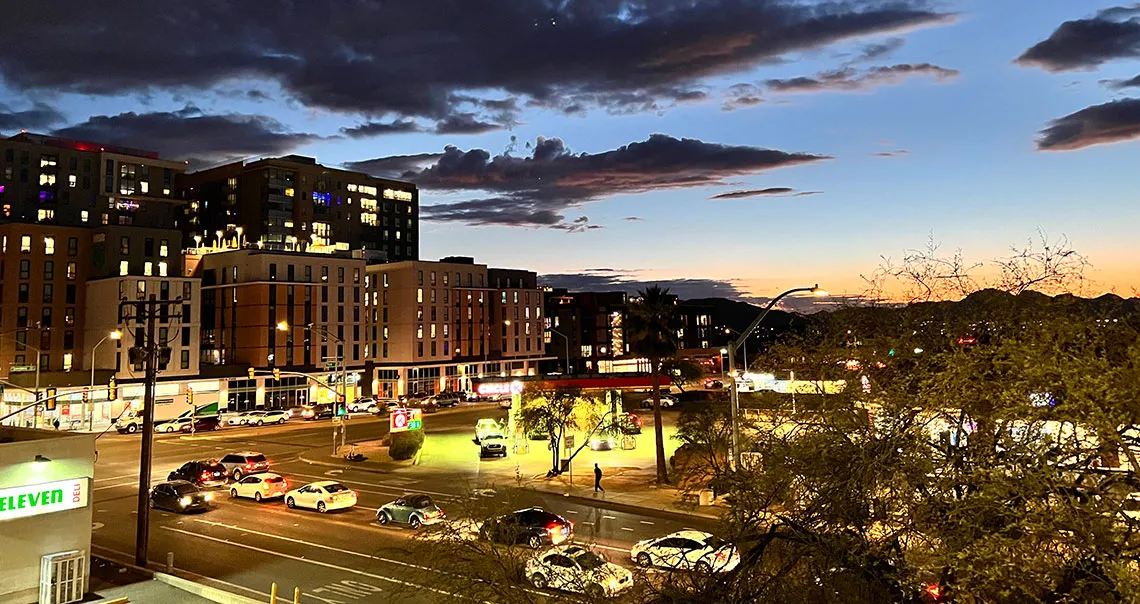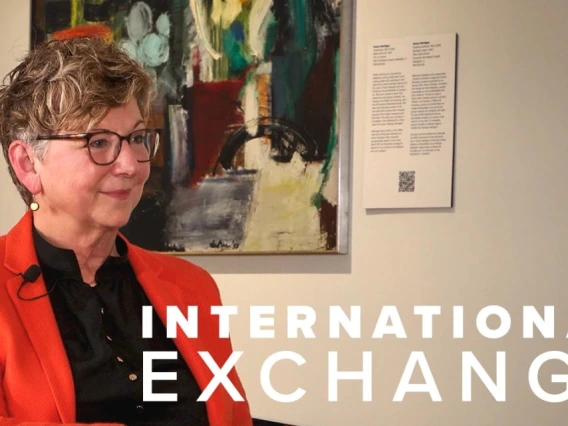Tucson Mayor Cites Research by CAPLA Urban Planning Professor in Editorial on Tucson’s Transportation Future

An editorial by Tucson Mayor Regina Romero published in Arizona Daily Star on January 16, 2022, addresses fair representation in the Regional Transportation Authority.

Arlie Adkins, Associate Professor of Urban Planning.
Citing research by Associate Professor of Urban Planning Arlie Adkins, Romero notes that “Tucson has fundamentally different transportation needs due to our size, the age of our infrastructure and our demographics” compared to the rest of Pima County. For example, Tucson has a density of 2,300 residents per square mile compared to 300 per square mile for the Town of Marana northwest of Tucson. And Tucson is home to 60% of the region’s residents under the age of 35, 60% of the region’s communities of color and 73% of the region’s military families.
“As University of Arizona urban planning professor Arlie Adkins explained to the RTA Board,” she writes, “voting structures with one vote per jurisdiction can disenfranchise urban residents and people of color.” Currently—as Adkins pointed out in a June 11, 2021 editorial—Tucson has just one of nine votes on the RTA and Pima Association of Governments governing boards.
“The city of Tucson is working ardently to find a solution to this impasse,” writes Romero, in noting that the city is asking for the “bare minimum: adequate representation and financial accountability.”
Adkins, who joined CAPLA in 2013, researches the interconnectedness of transportation equity, affordable housing and public health. He teaches transportation planning, planning theory and the Master of Science in Urban Planning capstone studio, and also holds a joint appointment in the Health Promotion Sciences Department at the University of Arizona’s Mel and Enid Zuckerman College of Public Health. His professional transportation experience includes positions at shared mobility pioneer Flexcar and at TriMet, the transit agency in Portland, Oregon. Adkins earned his PhD in Urban Studies from Portland State University and Master’s in City Planning from University of California, Berkeley.



